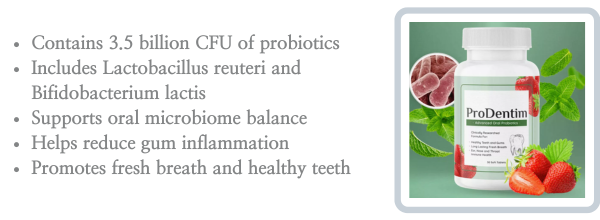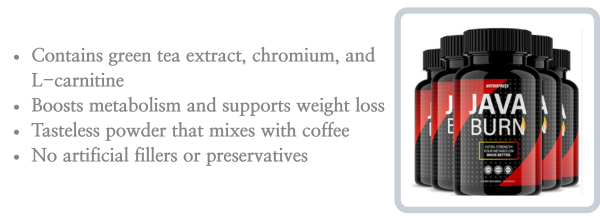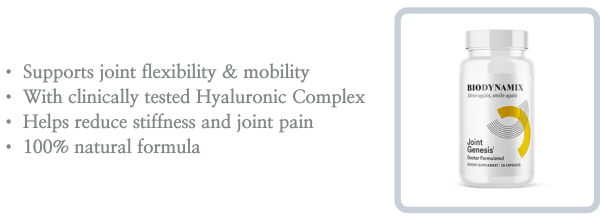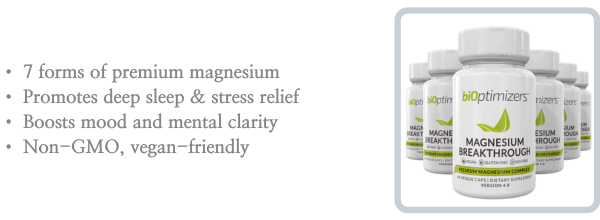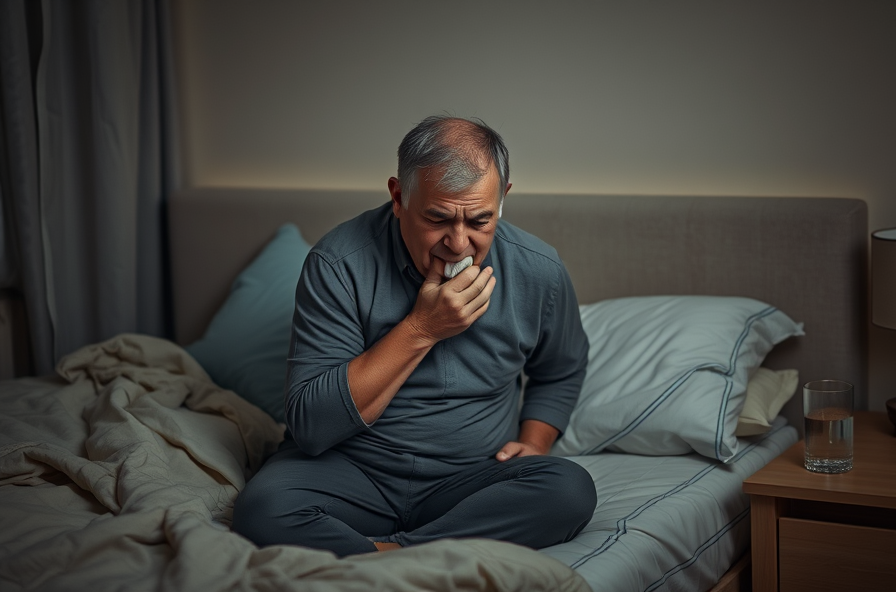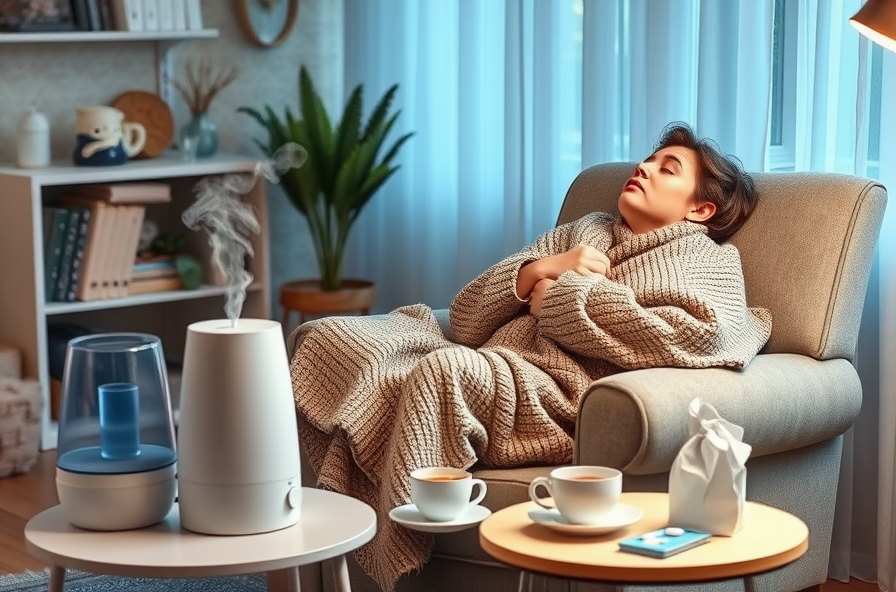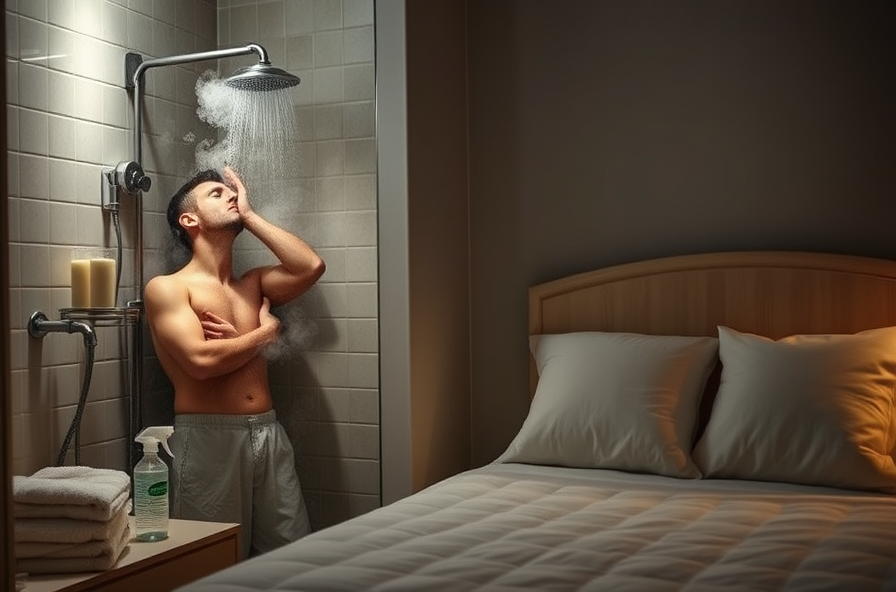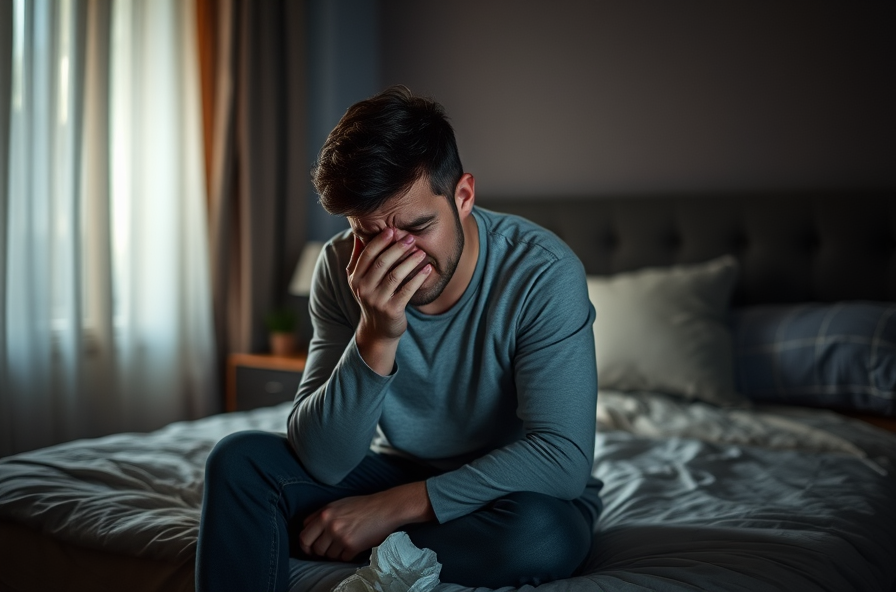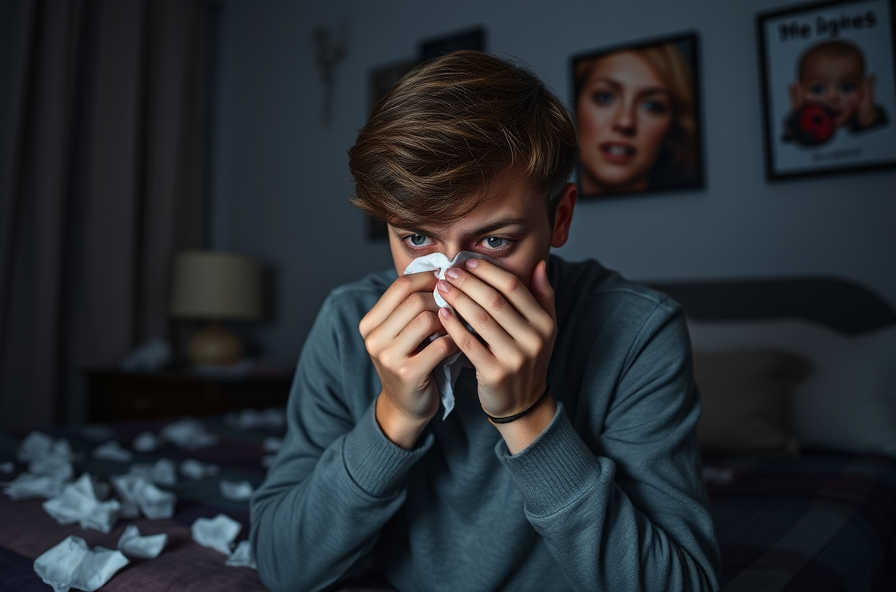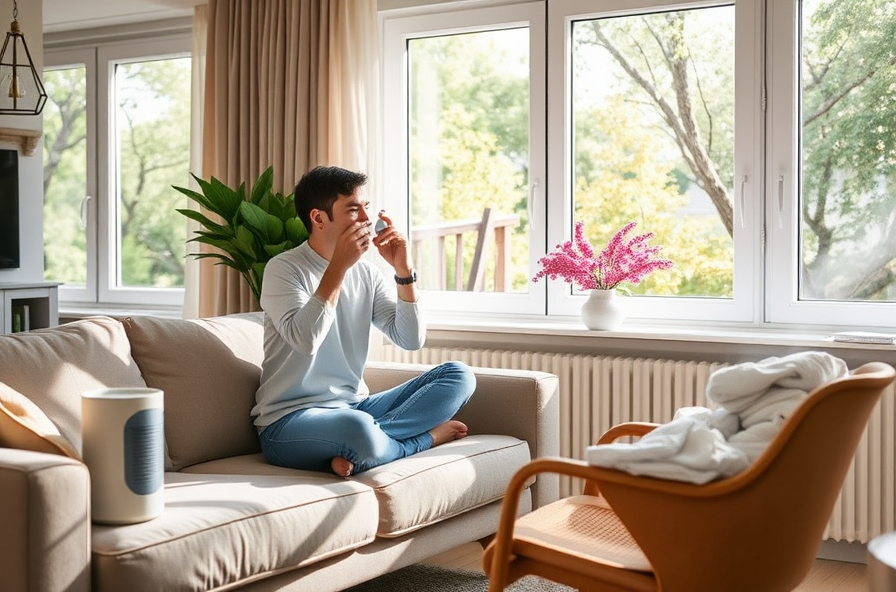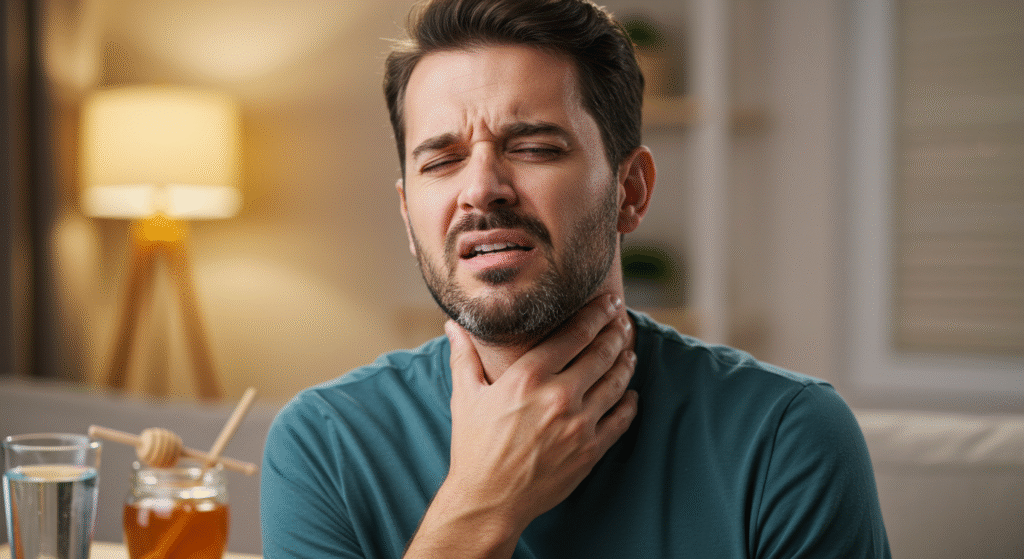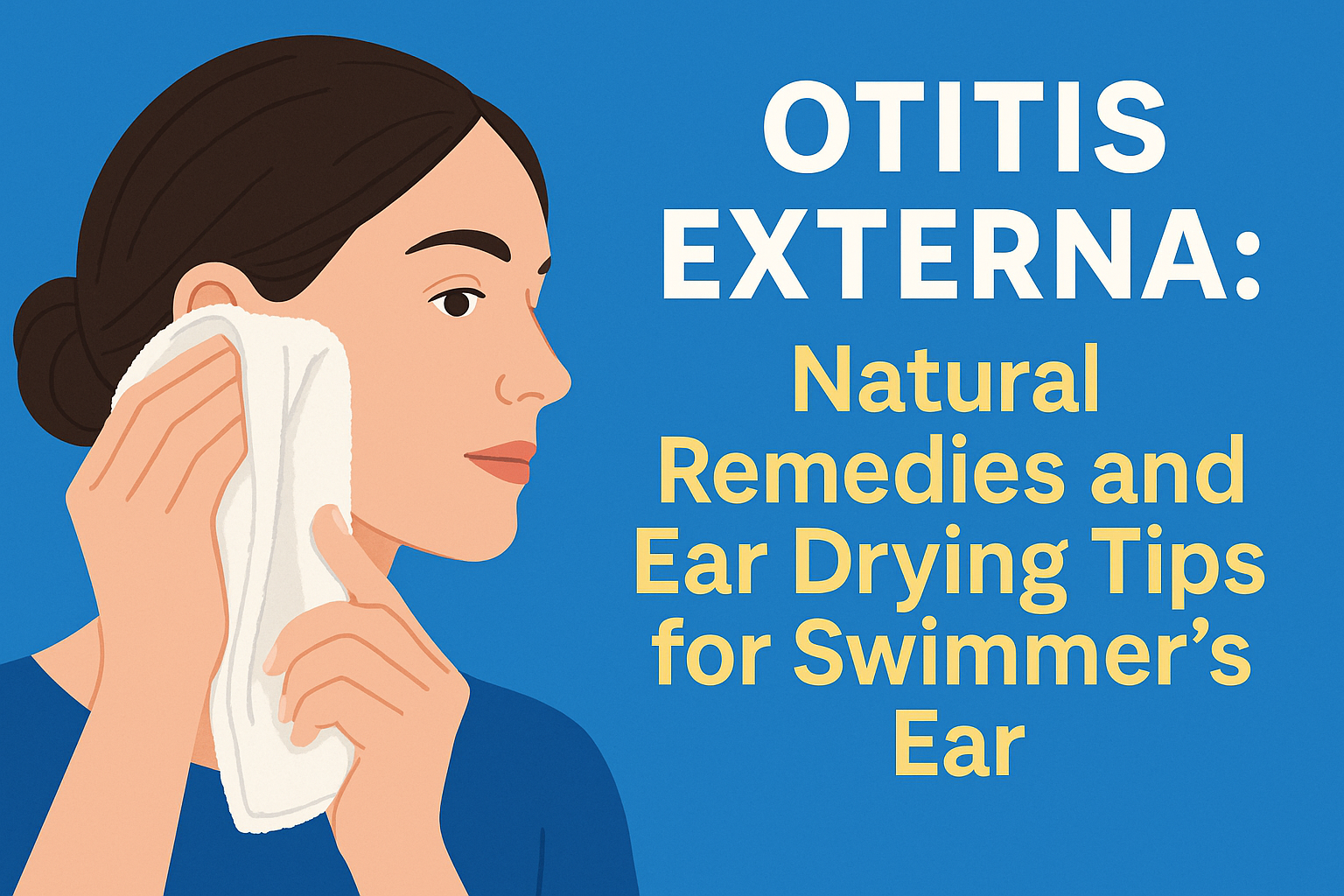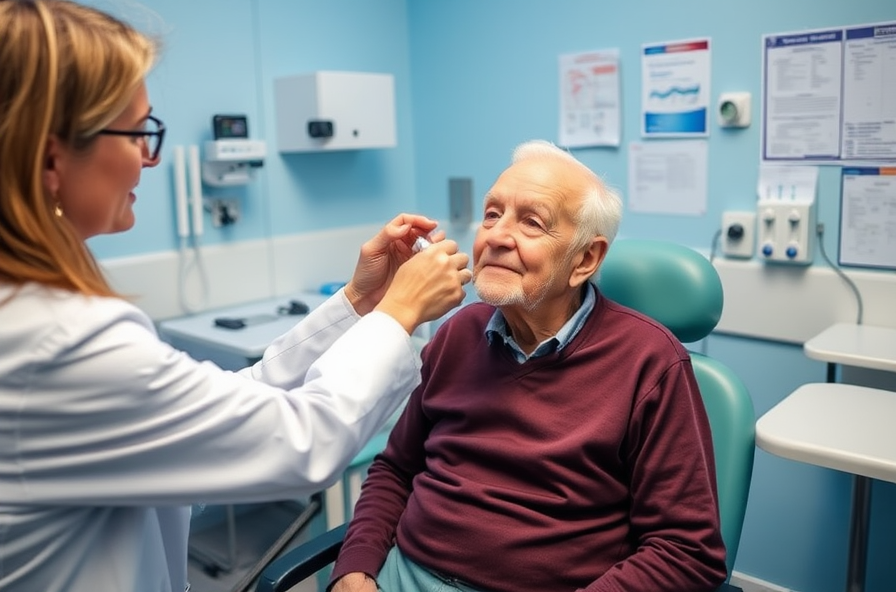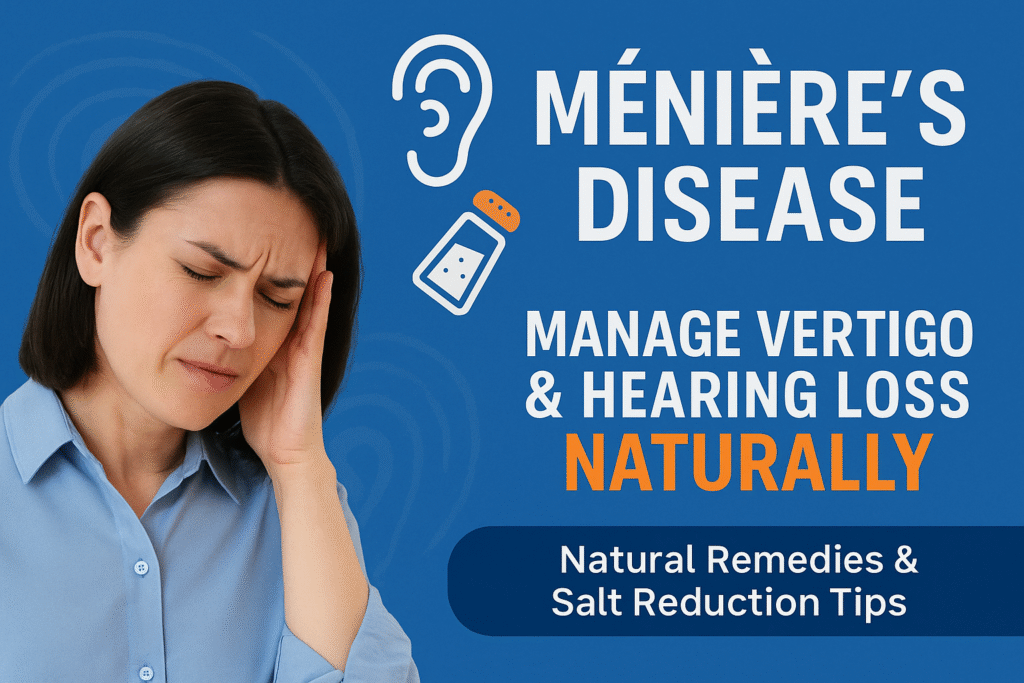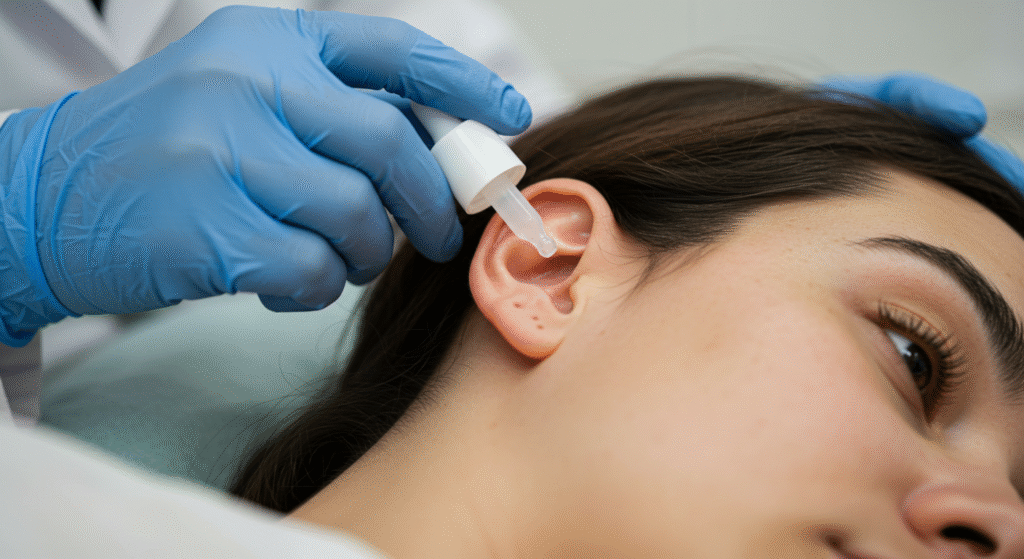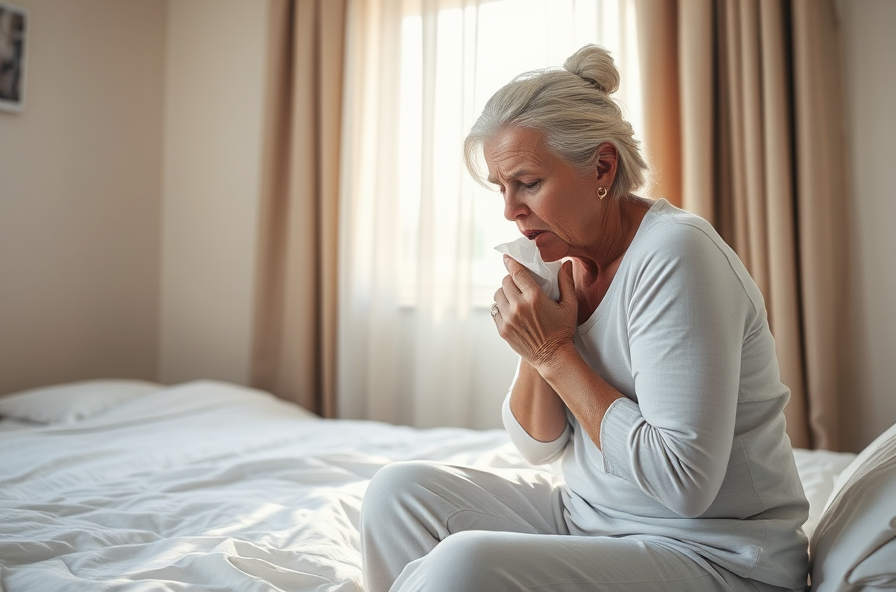
You know that cough that lingers way longer than it should, or the feeling like you just ran a marathon when all you did was walk down the hall? Sometimes, it’s more than just a stubborn cold — pneumonia can sneak up on anyone. Picture this: your chest feels tight, you’re coughing, and every breath just feels harder than the last. That’s pretty much pneumonia in a nutshell. It happens when your lungs get inflamed and start filling with gunk instead of air. Sure, anyone can end up with pneumonia, but some folks — like kids, seniors, or people dealing with other health issues — need to be extra careful. Knowing how to spot the difference between just a bad cold and something more serious is so important if you want to get treated before things go downhill.

You know that cough that lingers way longer than it should, or the feeling like you just ran a marathon when all you did was walk down the hall? Sometimes, it’s more than just a stubborn cold — pneumonia can sneak up on anyone. I dug into what really sets this illness apart: what actually causes it, who’s likely to end up fighting it off, and what you should do if it hits you. If you’ve ever wondered whether your symptoms are something more, or just want to be a little more prepared, this article lays out the basics without any confusing jargon.
Picture this: your chest feels tight, you’re coughing, and every breath just feels harder than the last. That’s pretty much pneumonia in a nutshell. It happens when your lungs get inflamed and start filling with gunk instead of air. Sure, anyone can end up with pneumonia, but some folks — like kids, seniors, or people dealing with other health issues — need to be extra careful. Knowing how to spot the difference between just a bad cold and something more serious is so important if you want to get treated before things go downhill.
Doesn’t it always seem like colds hang around forever? But now and then, that cough feels rougher and you’re way more wiped out than usual — weirdly tired, even after sleeping a ton. I’ve been there, and honestly, it’s easy to shrug it off at first. But sometimes, it’s not just one of those endless bugs; it could be pneumonia working its way in. Turns out, millions every year get walloped by it. So where’s the line? What makes pneumonia so much nastier than your average cold or flu? And when do you start thinking, “Okay, this really isn’t normal”?
Here’s what actually goes down: pneumonia sets up shop when something (bacteria, viruses, even fungi, weirdly enough) irritates those tiny air pockets in your lungs, and they start filling up with gunk. You start hacking up phlegm, the fever kicks in, you get chills that just won’t stop, and some people feel a sharp ache deep in their chest every time they cough or try to breathe deep. What’s really wild is how run-down your whole body gets; a simple shower can leave you ready for a nap. That’s your lungs waving the white flag for a while.
The triggers for this infection? It can be anything from common bacteria like Streptococcus pneumoniae to a viral hit from the flu — and thanks to recent years, COVID has gotten in on the act, too. Even some types of fungus can pull it off, which I did not know before. If you’re on either end of the age spectrum, smoke, have another illness you deal with, or your immune system isn’t up to full strength, the risk goes up. And if you’ve had that awful, tight breathing when you’re sick — like your lungs just won’t open up — that’s a taste of what pneumonia can feel like. Everything gets inflamed and just… sluggish.
Honestly, pneumonia is no joke, but it usually gets beaten with some rest and the right treatment. The hardest part is being patient and letting yourself heal (which I’m horrible at, honestly). Trust that fuzzy feeling when your body says to slow down — catching these issues early does make a difference. Give yourself a break, keep following your doctor’s instructions, and before you know it, you’ll find yourself breathing easy again, like none of it ever happened.

Honestly, pneumonia is no joke, but it usually gets beaten with some rest and the right treatment. The hardest part is being patient and letting yourself heal (which I’m horrible at, honestly). Trust that fuzzy feeling when your body says to slow down — catching these issues early does make a difference. Give yourself a break, keep following your doctor’s instructions, and before you know it, you’ll find yourself breathing easy again, like none of it ever happened.
-
Pneumonia Symptoms and Diagnosis | American Lung Association
-
Pneumonia Causes Symptoms Diagnosis & Treatment | Cleveland Clinic
-
Pneumonia Wikipedia
Today’s related searches: how to recover from pneumonia at home, best ways to prevent pneumonia naturally, managing fatigue after pneumonia recovery, when to seek medical care pneumonia, pneumonia home care tips
[intro_box]

